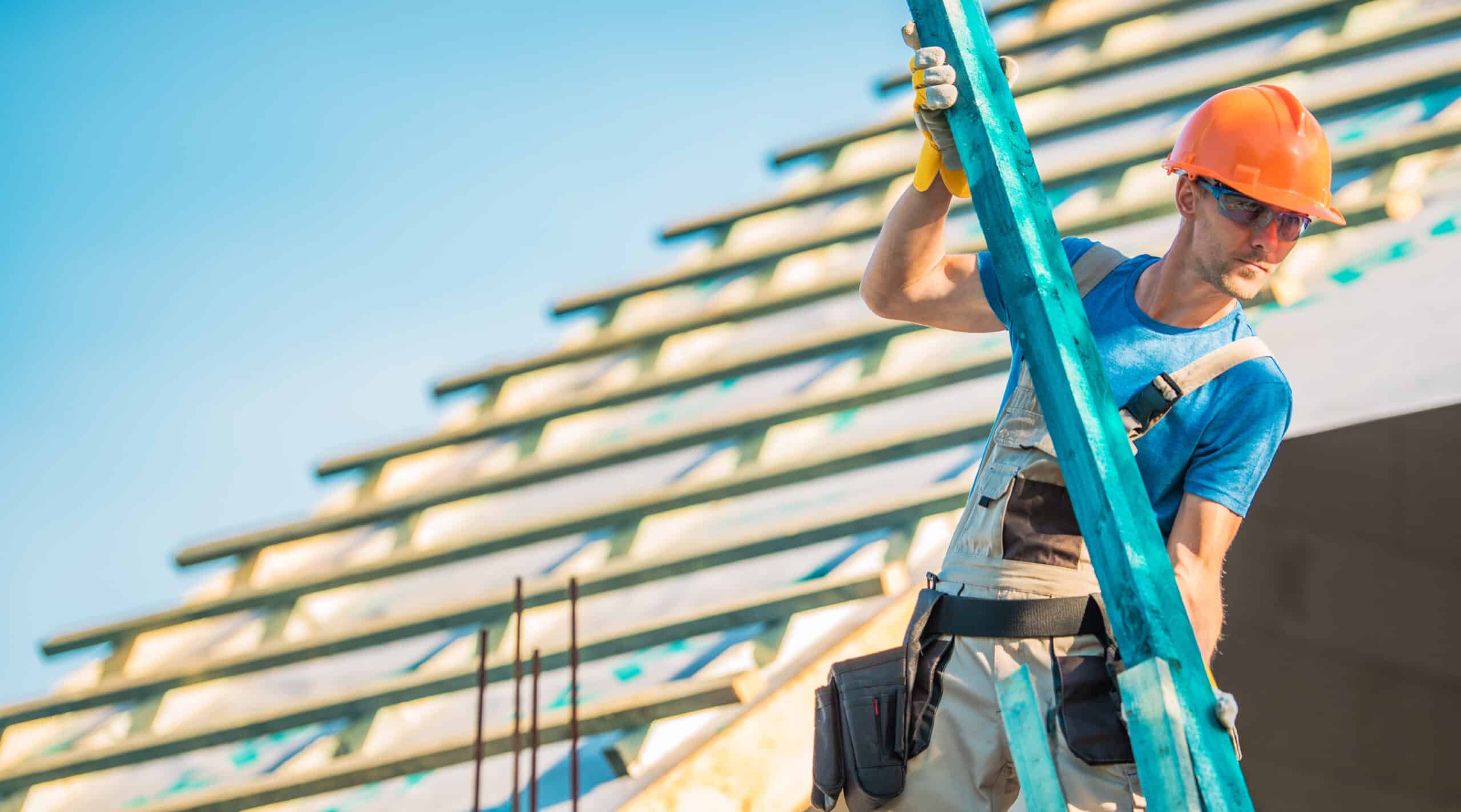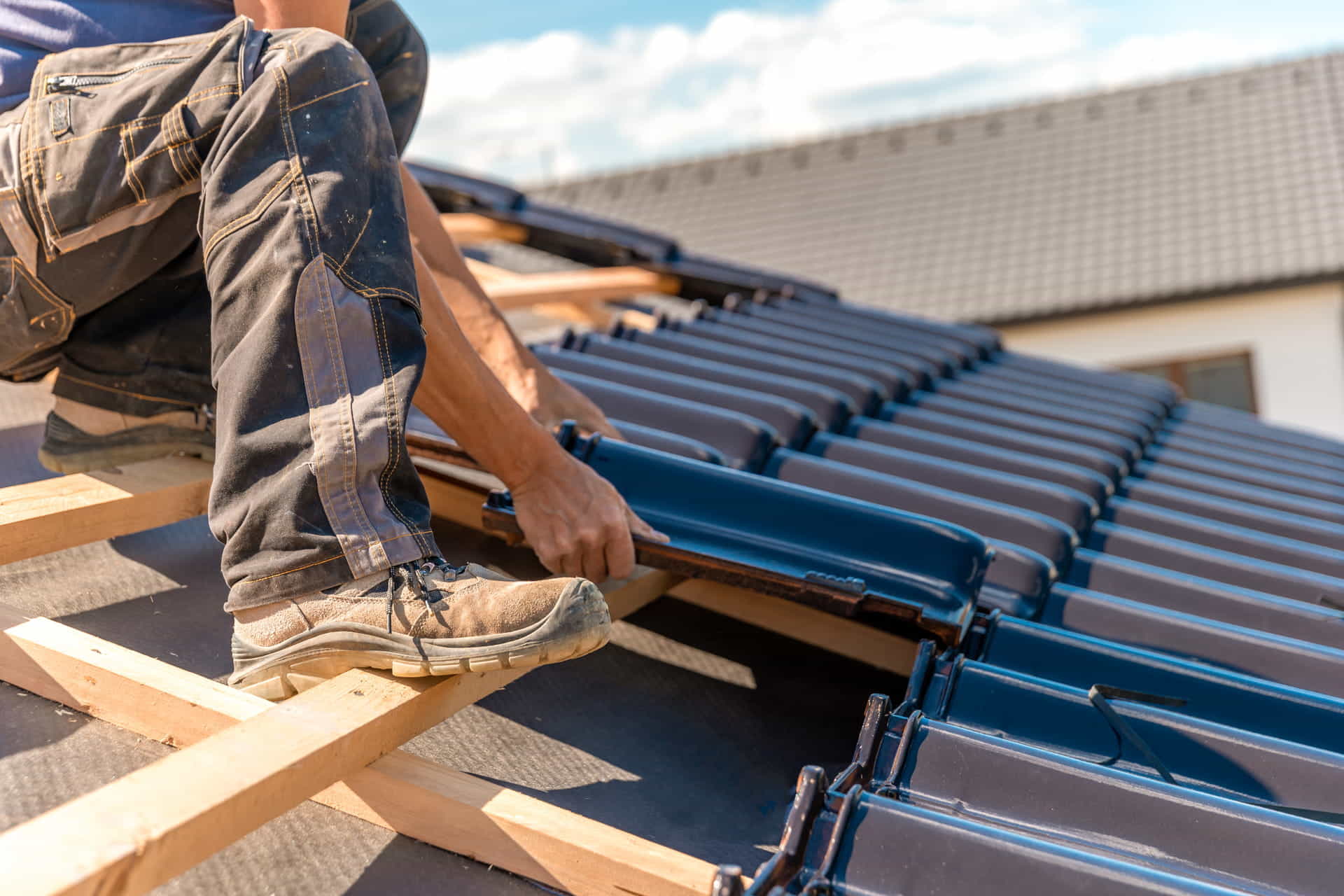In the unique climate of Louisiana, marked by its high humidity, frequent heavy rains, and hurricane threats, the importance of a robust roofing system cannot be overstated. It’s not merely a matter of aesthetic appeal, but a critical factor in ensuring resilience and safety. This comprehensive guide aims to assist Louisiana homeowners in the intricate process of selecting a roofing contractor equipped to handle these distinct challenges.
Identifying Your Roofing Requirements
The first step in your journey is to gain a thorough understanding of your specific roofing needs. This knowledge is pivotal in guiding your choices and facilitating effective communication with prospective contractors.
- Evaluation of Your Existing Roof: Reflect on the age, current state, and any existing problems of your current roof.
- Climate Considerations in Louisiana: Take into account the local climate, particularly the high humidity and hurricane threats.
- Budget Planning: Establish a realistic budget for your roofing project, considering the costs of both materials and labor.
Initiating Your Contractor Search
The quest for the ideal roofing contractor involves a blend of diligent research and local insights. Begin by compiling information from various sources to form a list of potential candidates.
- Referrals from Your Network: Seek recommendations from friends, family, and neighbors who have had successful experiences with contractors.
- Local Business Resources: Utilize local business directories to discover contractors in your vicinity.
- Digital Research: Investigate contractors through online reviews, their websites, and social media presence to gauge their reputation and quality of work.
Key Traits of a Roofing Contractor
Choosing a roofing contractor should be based on essential professional attributes to guarantee the success of your project.
- Proven Experience: Prioritize contractors with substantial experience, particularly those familiar with Louisiana’s climate challenges.
- Licensing Verification: Confirm that the contractor is licensed to operate in your region, indicating their professionalism and understanding of local building codes.
- Insurance Confirmation: Ensure that the contractor has comprehensive insurance to safeguard against potential accidents or damages.
The Value of Local Expertise
In a state like Louisiana, local experience in roofing is invaluable, especially considering the specific building codes and weather patterns.
- Knowledge of Local Regulations: Contractors should have a deep understanding of Louisiana’s building codes and regulations.
- Weather-Related Expertise: A contractor’s familiarity with how local weather impacts roofing materials and designs is crucial for a long-lasting roof.

Credential Verification
Verifying the credentials of your contractor is a critical step in the selection process.
- License and Certification Review: Check the contractor’s professional credentials, including licenses and certifications.
- Recognition and Awards: Industry awards or recognitions can be a testament to a contractor’s expertise and quality.
Customer Feedback and Testimonials
Customer reviews and testimonials provide valuable insights into a contractor’s dependability and work quality.
- Real Customer Experiences: Look for feedback from previous clients to understand their experiences.
- Authenticity of Reviews: Learn to distinguish genuine and useful reviews to get a realistic view of the contractor’s services.
Understanding Estimates
A comprehensive estimate is essential for a clear understanding of the scope and cost of your roofing project.
- Detailed Cost Breakdowns: The estimate should include a detailed breakdown of materials, labor, and any additional services.
- Quote Comparisons: Learn how to effectively compare quotes from different contractors to ensure you receive the best value.
The Necessity of a Written Contract
A written contract is a crucial safeguard in any roofing project, detailing all the important aspects of the job.
- Work Scope: The contract should clearly define all work to be done, including materials and timelines.
- Costs and Warranty Details: Ensure all costs and warranty information are documented in the contract.
Preparation for Installation
Preparing for the installation of your new roof involves several steps to ensure a smooth process.
- Permit Acquisition: Confirm that all necessary permits are secured, typically handled by the contractor.
- Property Preparation Tips: Prepare your property for installation, considering safety and access.
- Installation Process Understanding: Familiarize yourself with the installation process to set proper expectations.
Roofing Warranties
Understanding the different types of roofing warranties is crucial for protecting your investment.
- Warranty Options: Explore the various warranty options, including manufacturer and workmanship warranties.
- Warranty Coverage: Understand the specifics of what each warranty covers and its duration.
Post-Installation Maintenance
Maintaining your roof post-installation is key to its longevity and performance.
- Maintenance Agreements: Consider a maintenance plan with your contractor for regular inspections and repairs.
- Long-Term Care Tips: Learn how to maintain your roof to prolong its life, including regular inspections and cleaning.
Handling Roofing Emergencies
In Louisiana, severe weather can lead to roofing emergencies. Being prepared is essential.
- Emergency Contact: Know how to quickly reach your contractor in emergencies, like storm damage.
- Preventative Strategies: Implement measures to protect your roof from potential damage, including prompt repairs of minor issues.
Eco-Friendly Roofing Choices
Eco-friendly roofing options are increasingly sought after for their environmental and energy-saving benefits.
- Sustainable Materials: Investigate environmentally friendly roofing materials suitable for Louisiana’s climate.
- Energy Efficiency Considerations: Assess the energy efficiency of various roofing options for long-term savings.
Financing Your Roofing Project
Understanding your financing options is important when planning a roofing project.
- Financing Alternatives: Explore various financing options available, including loans and payment plans.
- Budget Management Tips: Strategies for managing the financial aspects of your roofing project within your budget.
DIY vs. Professional Roofing
While DIY roofing might appear cost-effective, it poses significant risks and challenges, especially in Louisiana.
- Safety and Compliance Risks: Understand the dangers and complexities of DIY roofing compared to professional installation, including adherence to local building codes.
- Benefits of Professional Expertise: Consider the advantages of professional workmanship, particularly in terms of safety, expertise, and compliance.
Staying Updated with Roofing Trends
Being informed about the latest roofing trends in Louisiana can help you make a choice that is both stylish and functional.
- Latest Trends: Keep abreast of the newest roofing styles, materials, and technological advancements.
- Balancing Style and Functionality: How to select a roof that is both aesthetically pleasing and functional.
Addressing Louisiana’s Climatic Challenges
Understanding the unique challenges posed by Louisiana’s climate is crucial in selecting the right roofing solutions.
- Combatting Humidity and Hurricanes: Explore roofing solutions tailored to withstand Louisiana’s humidity and hurricane conditions.
- Focus on Durability and Resilience: Ensure your roof is designed to endure local weather conditions for optimal durability and protection.
In conclusion, selecting the right roofing contractor in Louisiana goes beyond meeting your specific needs and budget. It’s about the assurance that your home is safeguarded with a robust and expertly installed roof. By adhering to these guidelines, homeowners in Louisiana can confidently approach the process of finding the most suitable roofing contractor for their new roof installation.

